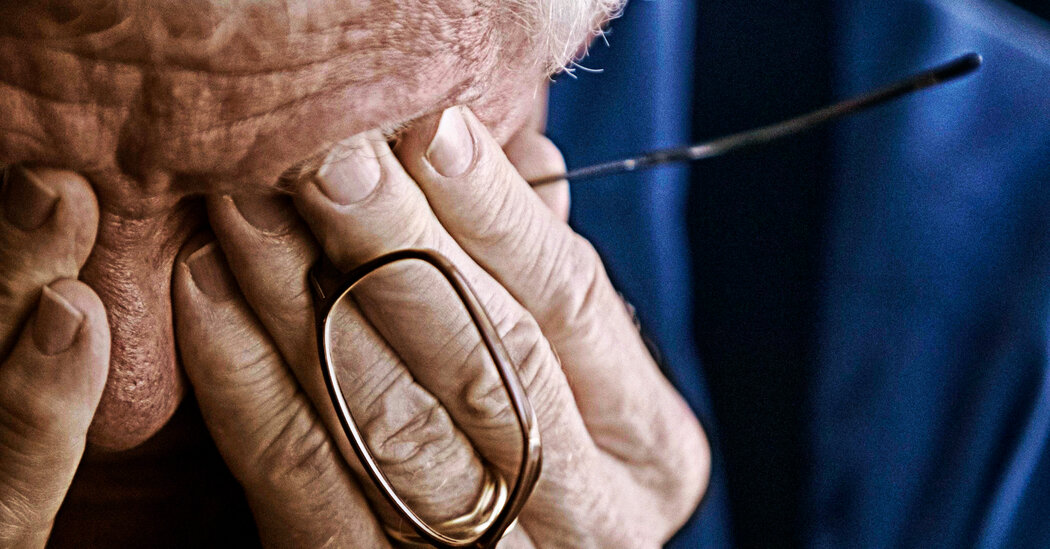Mitigating those effects requires taking stock of your current emotions, Ms. Eddy said. Everyone is affected by stress differently, she said, so the ways they process it can vary too. Focusing on what brings you joy, and where you can find social support, can help. That may mean pursuing hobbies, spending time with loved ones, or unplugging from work or social media when you can.
Mindfulness practices, exercise and healthy eating habits can also help you feel good physically, which in turn can make you feel good mentally, she added.
If you experience social stressors on a daily basis — whether at work, in your social life or at home — think about what you can control to keep them in check, Ms. Eddy said. If a friend’s political views are consistently causing you anguish, can you limit your contact with them or change your social circle? If a work colleague is putting you down because of your age, would it help to confront them about it? Looking at the full context of where and how stressful situations manifest in your life is the first step in deciding how you can move forward.
Of course there will be situations that you cannot control, Ms. Eddy added, but the more you can do to better understand their effect on you, the more you can do to help alleviate them.
As for how such social situations affect your immune system, there is a lot more to uncover, Dr. Klopack said. The new study only looked at older, mostly white adults, and only at one point in time, while relying on self-reported levels of stress. Scientists don’t know how stress affects the immune systems of younger people, or how changes to immune systems may persist.
One thing to remember, however, is that the biggest thing “that contributes to immune aging is just aging,” said Idan Shalev, a bio-behavioral health scientist at Pennsylvania State University who studies the effects of stress across life spans. So the strategies for warding off immune aging are usually the same ones that will ward off the effects of aging in general: following a healthy diet, getting regular exercise, limiting or avoiding smoking and drinking, and getting good sleep. “Having social supports is also very important, like family, friends,” Dr. Shalev said, since loneliness can also affect the immune system.
Credit: Source link



